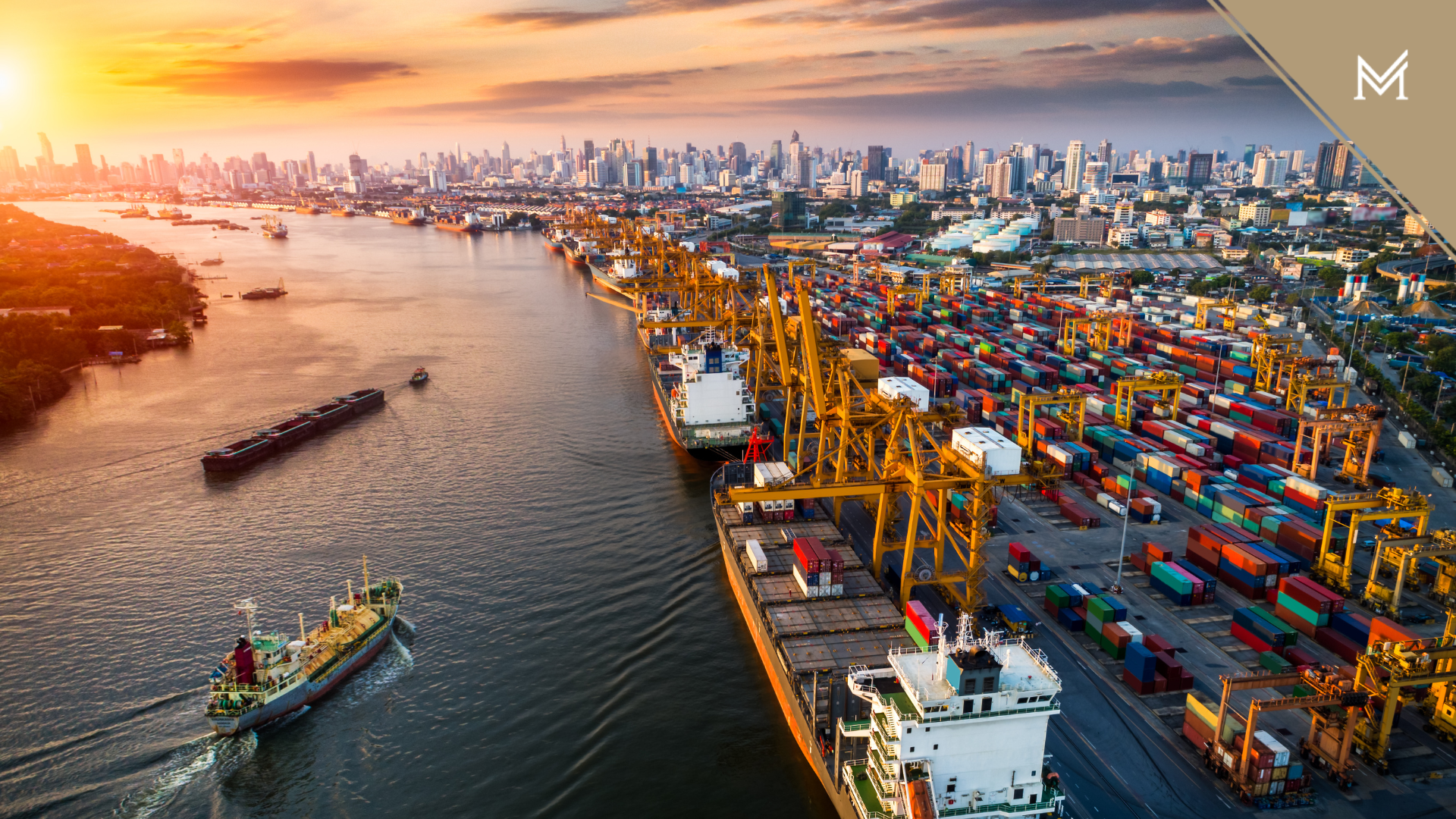
Ask any manufacturer in Europe what their biggest headache is right now, and there’s a high probability their answer will be “supply chain” – or something related. Global shipping was showing signs of recovering from the months of mayhem caused by Covid-19, and the wave of pent-up demand that followed the initial lockdowns around the world. But now congestion and delays in Shanghai, the world’s biggest container port, are wreaking havoc not only on China’s economy but globally. In 2020-21 much of the world experienced restrictions on personal movement, with corresponding effects on business globally – in 2022 we are discovering in a new way what happens when just one (arguably the) crucial crossroads for global trade is taken out of action.
In some ways it’s reminiscent of those 6 days in March last year when one of the largest container ships ever built, the Ever Given, got stuck in the Suez Canal, freezing nearly $10 billion per day in trade. As the New York Times commented a few months later, “For the internet, it was a bottomlessly amusing spectacle. For global shipping, it was a worst-nightmare lesson in the perils of a new breed of mega-freighter operating in tight spaces.”
There is nothing “amusing” about the current situation. On 28 March, Shanghai began a phased-lockdown: first the urban area on eastern side of the Huangpu River went into lockdown for four days, then the western side. But this did not stop the number of Covid cases rising, and so it was followed by a complete lockdown. Many weeks have passed, and though case numbers have fallen again, the lockdown remains in force at time of writing (13 May), with residents and businesses still unclear about when they will be able to resume normal life again. (It’s not just Shanghai of course - estimates suggest that about one third of China’s population were under some kind of lockdown last month).
A port is not like a light switch: turning it on again - relaxing work restrictions - will not instantly restore normality to supply chains. Experts estimate that global shipping will suffer well into this summer, and this, together with the impact of Russia’s invasion of Ukraine, will put even more pressure on supply chains, keeping businesses waiting and extending their own lead-times further. Figures released by maritime data analysists Windward a few weeks ago said that nearly 20% of the world’s container vessels were currently waiting outside congested ports – and a quarter of these were outside Chinese ports (412 ships, up 58% since February).
Not only are transit times for shipping routes to and from China increasing again, but trucking services around Shanghai are severely impacted by local travel restrictions, some ships are being re-routed leading to extra costs, further complicating the situation. And air-freight is affected too of course. Last month Geodis reported a 50% drop in flights at Zhengzhou Xinzheng International Airport, for instance; most inbound cargo at this crucial hub is bound for other cities, including Shanghai — when the cargo can’t move to its final destination, backlogs are inevitable. As a result, logistics companies could only clear shipments that customers were collecting right there.
No matter how much Western businesses may talk about “onshoring” activities to reduce risk, it is inevitable that raw materials, components, part-finished and finished goods will continue to be consolidated, shipped, warehoused, distributed and delivered internationally. What is becoming clearer to more companies now, is that fact that this vital aspect of business needs not only to be efficient, it also needs to be incredibly robust.
The ability to respond well to unexpected challenges – a blocked Suez Canal, or a locked-down Shanghai – only comes with time, experience, and relationships of trust. Deep local expertise and long-term relationships are vital to ensuring that when the unthinkable happens, you’re not left high-and-dry.
Melchers Logistics
Established in 1806, and with more than 150 years of experience in East Asia, Melchers is trusted by many international brands and producers to be their “feet on the ground” in this region’s diverse markets, drawing on deep local networks and knowledge, and combining them with dynamic business services and trade infrastructure, to create powerful synergies that deliver results for your business. Melchers was founded as a shipping and trading company; shipping and logistics undergirds our global activities to this day, which is why so many manufacturers entrust management of their activities in Asia, including spares, procurement and warehousing, to us.
Contact us: contact@melchers.de